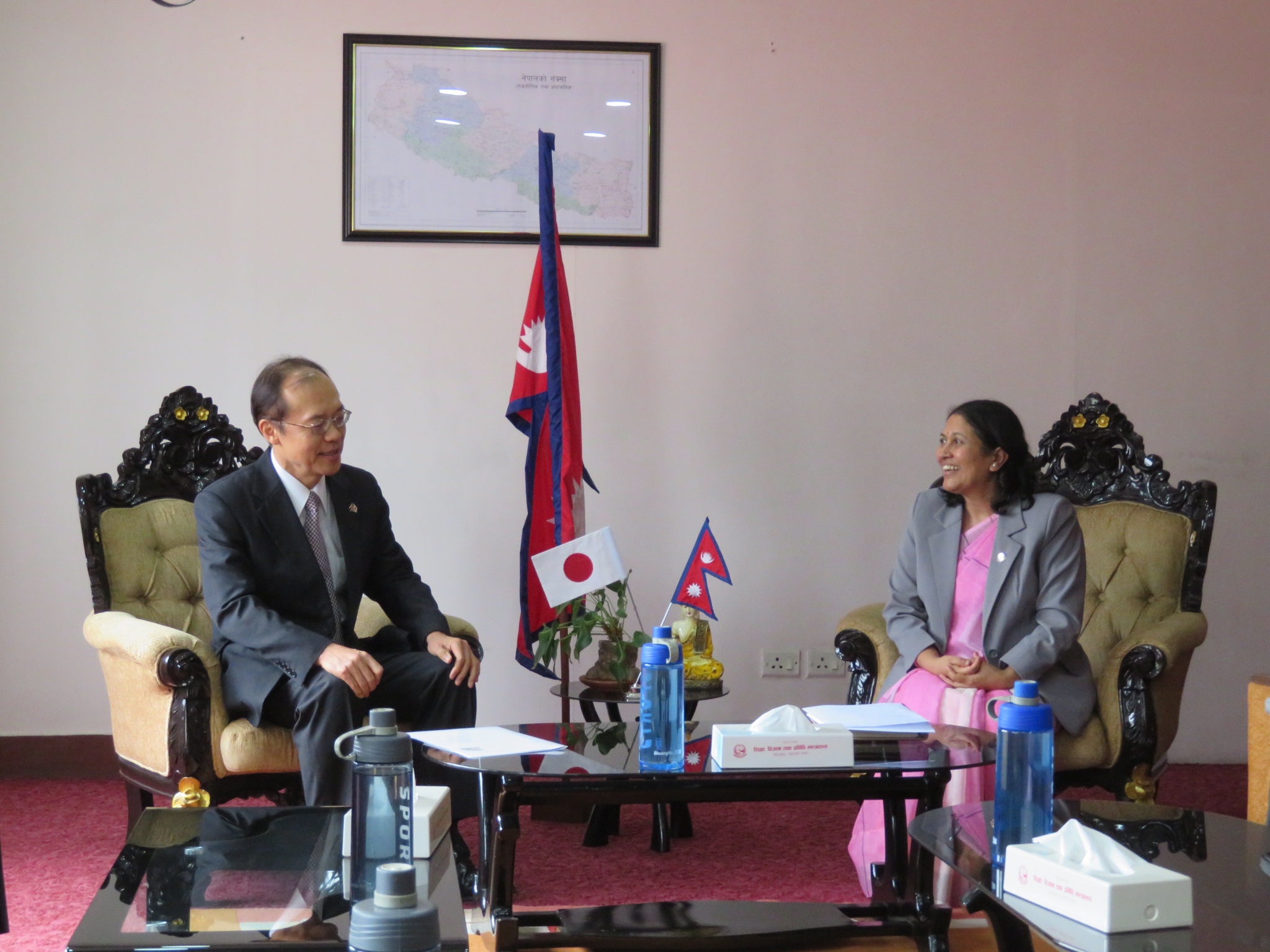
OR
Missing teenager found dead after 6 days
Published On: February 15, 2017 05:27 PM NPT
KAILALI, Feb 15: A body of a teenager, who had missing six days ago, has been found dead at Jageda of Dhagadhi Sub Metropolitan City-12.
The deceased has been identified as Anjali Singh of Jageda in Dhangadhi Sub Metropolitan City.
According to Superintendent of Police Arjun Chand, Chief of District Police Office, Anjali was found buried in a pit apparently after murder.
Acting on a missing report filed by Anjali’s family, police launched a search campaign and found her body on Tuesday. According to police, Anjali was buried near the house of Hikmat Singh, her alleged boyfriend.
It is learnt that Hikmat and Anjali were in a living-together relationship.
Police said they are investigating the case after taking Hikmat under control.
You May Like This

Man missing found dead after 21 days
NUWAKOT, Dec 25: Shyam Tamang, a resident of Mahakali in Shivapuri rural municipality-5 has been found dead, 21 days after... Read More...

Missing trader found dead after 20 days
SALYAN, June 30: Dang-based businessman Raj Kumar Shrestha who had been missing for 20 days was found dead Friday. ... Read More...

Seven-year-old boy missing for few days found dead
MAHENDRANAGAR (Dhanusha), March 2: A seven-year-old boy of Dhanusha who had gone missing last Monday was found dead on Wednesday... Read More...











Just In
- Japanese envoy calls on Minister Bhattarai, discusses further enhancing exchange through education between Japan and Nepal
- Heavy rainfall likely in Bagmati and Sudurpaschim provinces
- Bangladesh protest leaders taken from hospital by police
- Challenges Confronting the New Coalition
- NRB introduces cautiously flexible measures to address ongoing slowdown in various economic sectors
- Forced Covid-19 cremations: is it too late for redemption?
- NRB to provide collateral-free loans to foreign employment seekers
- NEB to publish Grade 12 results next week







Leave A Comment